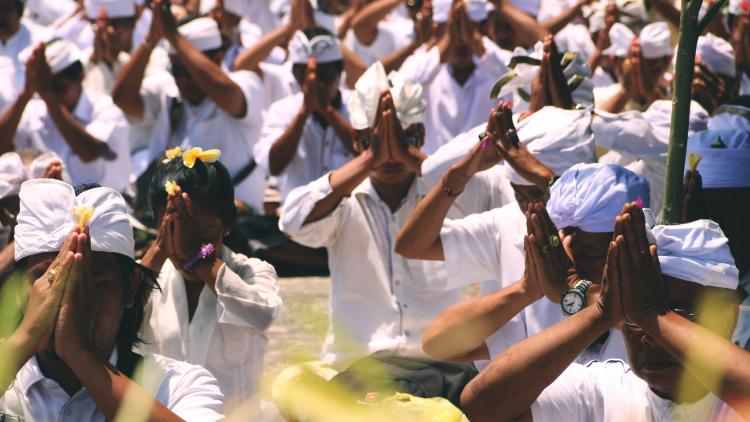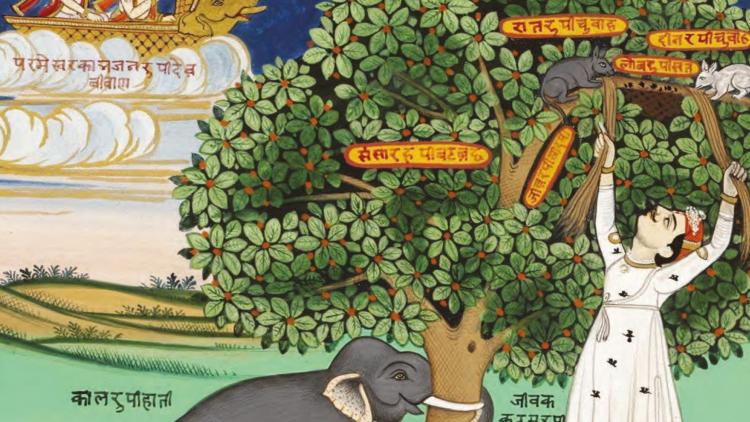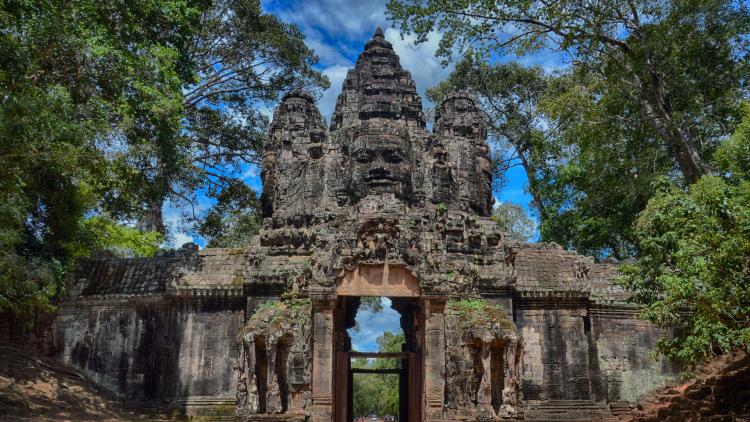Slavery And Forced Internal Migration in Western Mali (SlaFMig)


This Slavery and Forced Internal Migration research action programme is UKRI funded collaborative project between SOAS, University of London (UK) (PI Marie Rodet), University of Copenhagen (Denmark) (Co-I Lotte Pelckmans), the LERDDL research centre of the Faculty of Legal and Political Sciences in Bamako (Mali) (Co-I Bakary Camara) and the Malian NGOs Donkosira and Temedt.
Aims
The Slavery And Forced Internal Migration in Western Mali (SlaFMig) research aims to analyse the past and present links between forced displacement and descent-based slavery in Western Mali, in order to put forward appropriate solutions. The research team is interested in the circumstances in which these displacements have taken place over the last hundred years and why they have not always been taken into account by the colonial and post-colonial authorities.
These slave-related forced displacements, which take place mainly in rural areas, pose real development and socio-economic integration challenges for the displaced communities themselves and for the region as a whole.
These populations face challenges in accessing crucial resources, such as access to land and support for economic development, which often prevent them from leading stable and peaceful lives. As a result, displaced populations who flee slavery remain vulnerable to other forms of exploitation, such as modern slavery.
Mali does not yet have a law criminalising descent-based slavery that could effectively protect these populations, who are still victims of violence when they try to claim their rights to equality.
This research action programme is accompanied by outreach and awareness-raising activities carried out by the Malian NGOs Temedt and Donkosira among the populations in Mali and elsewhere in order to tackle discrimination and fight against descent-based slavery.
Research actions
- Awareness-raising activities on modern slavery: these displaced populations are vulnerable and at risk of becoming victims of modern slavery;
- Advocacy for the introduction of a law criminalising descent-based slavery in Mali, as is already the case in Niger, Mauritania and Senegal;
- Mobile legal clinics to reinforce the rights of displaced populations;
- Support for the organisation of development actions in displaced communities, with a particular focus on women and youth and the issue of land access;
- Campaigns to tackle discrimination in order to promote peace and social cohesion, and national unity



